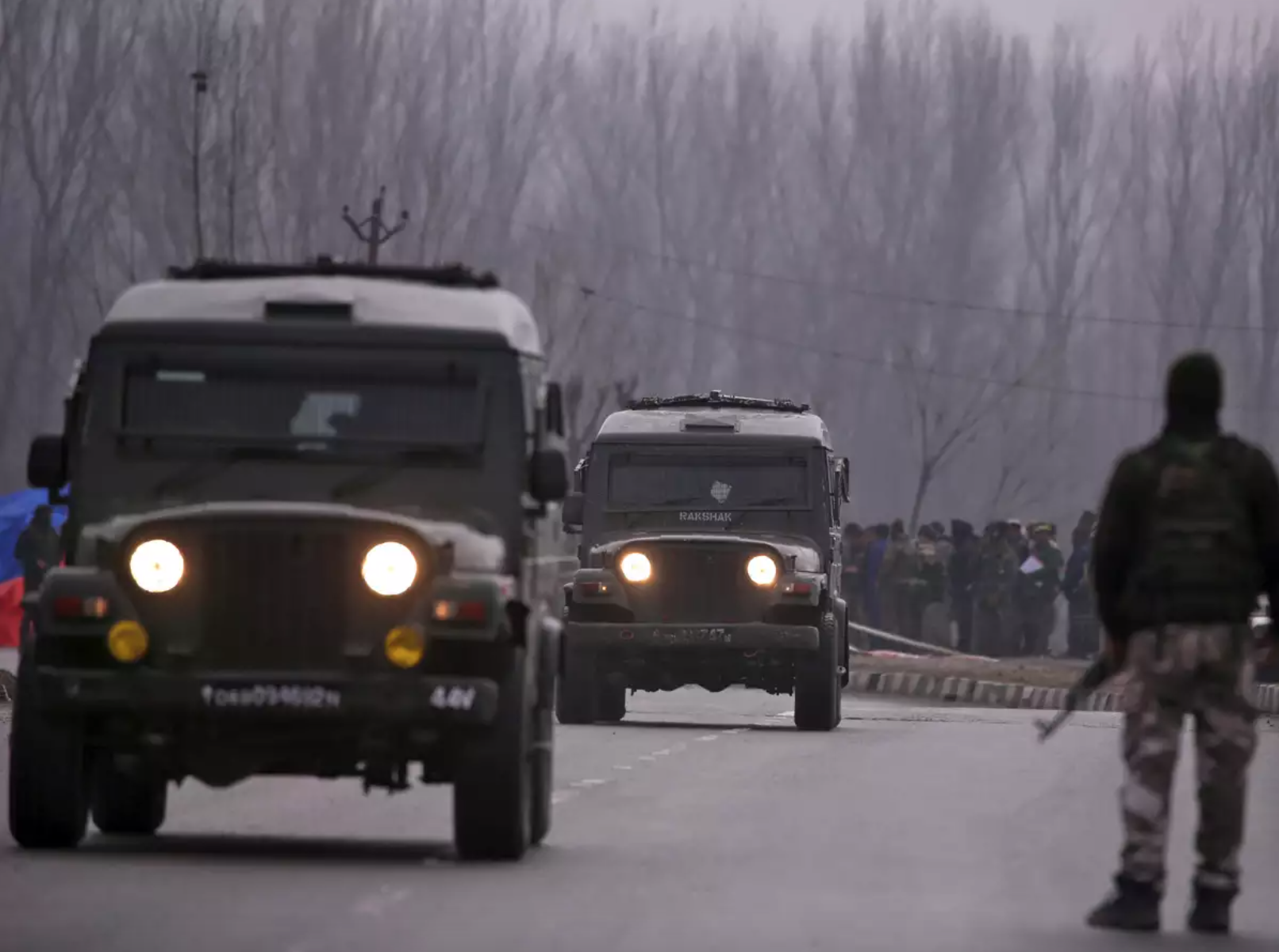Kashmir marred by series of attacks ahead of PM Modi's visit

This will be the prime minister's first visit to the newly carved Union Territory (UT) post abrogation of Article 370—which granted special status to the erstwhile state.
Auqib Javeed | TwoCircles.net
SRINAGAR — The Kashmir Valley is witnessing a wave of militant attacks on locals, non-locals and security forces. The attacks are happening ahead of Prime Minister Narendra Modi’s visit to Jammu on April 24.
This will be PM Modi's first visit to the newly carved Union Territory (UT) post abrogation of Article 370—which granted special status to the erstwhile state.
On April 18, suspected militants shot dead a Railway Protection Force (RPF) jawan and critically injured another outside a railway station in Pulwama in south Kashmir. This was the ninth attack in the last 18 days of this month.
On 15 April, militants shot dead 50-year-old Satish Kumar Singh, a Kashmiri Rajput Hindu and a driver by profession near his residence in Karan village of Kulgam. The killing triggered panic among the minority community, who have been on the receiving end since October 2021 when the series of attacks left them shaken.
Fear among minorities
Several people from the minority community left the valley in scare in October last year. While many have returned but are living in a state of perpetual fear.
“We are indeed living in fear now,” said Anil Bhat, brother of a Kashmiri Hindu who was shot and injured by militants in South Kashmir’s Shopian on April 5.
In the first week of the holy month of Ramadan, at least four non-local labourers were shot at and injured by militants in South Kashmir in two militant attacks.
The militants again struck in Srinagar city and killed one jawan of the Central Reserve Police Force (CRPF) and left another critically injured in the Maisuma area of the city on April 4.
Earlier on March 25, the militants barged inside the house of a special police officer (SPO) of Jammu and Kashmir Police and shot dead him and his brother.
In the first three months of the ensuing year, 44 militants have been killed while 13 militants were killed in eight encounters in March. In January, 21 militants were killed in 13 gunfights.
The government has repeatedly asserted that the return of tourists to the valley is a sign of normalcy. The government said that Kashmir is witnessing a record-breaking tourist footfall this year, the highest in 10 years. In this season, the valley received more than 3.5 lac tourists. However, the spurt in violence is belying these claims.
At the same time, the Jammu and Kashmir police have detained several locals believed to be suspects of militant attacks under the “draconian” Public Safety Act (PSA).
Even if the government is claiming that normalcy in the valley has returned with the abrogation of Article 370, the attacks on the civilians and security forces continue.
The police claimed to have killed four Lashkar-e-Taiba (LeT) militants, who were behind the recent targeted killings of non-locals in an operation in south Kashmir’s Shopian.
The attacks also came ahead of the annual Amaranth Yatra which will commence on June 30 this year.
‘Tense atmosphere in the Valley’
The Concerned Citizens’ Group (CCG), in its 10th report released on Saturday, April 16, said that the atmosphere has worsened in the Valley and communal hatred had significantly increased since the abrogation of Article 370. It stated that a common perception in the Valley was that militancy would continue with local recruitment.
The civil rights group, led by former Finance Minister Yashwant Sinha, prepared the report after the members paid a visit to the Kashmir valley.
The group included Wajahat Habibullah, former chairman of the Minority Commission and the first chief information commissioner of India; Sushobha Barve, executive secretary, Centre for Dialogue and Reconciliation, Delhi; Air Vice Marshal (Retd.) Kapil Kak; and Bharat Bhushan, a senior journalist, visited Jammu and Kashmir between March 20 and 25.
The CCG report noted that the official promotion of the controversial Bollywood movie The Kashmir Files seeks to delegitimize the “Valley’s majority community’s own pain and suffering of three decades” and has made the lives of the Kashmiri Pandits there “very unsafe”.
“Civil society groups conveyed to us that the film — more reelty than reality, as a leading academic put it — seeks to slander, vilify and delegitimise the Valley’s majority community’s own pain and suffering of three decades during which period tens of thousands of youths were killed,” it said.
Auqib Javeed is a journalist based in Kashmir. He tweets at @AuqibJaveed
